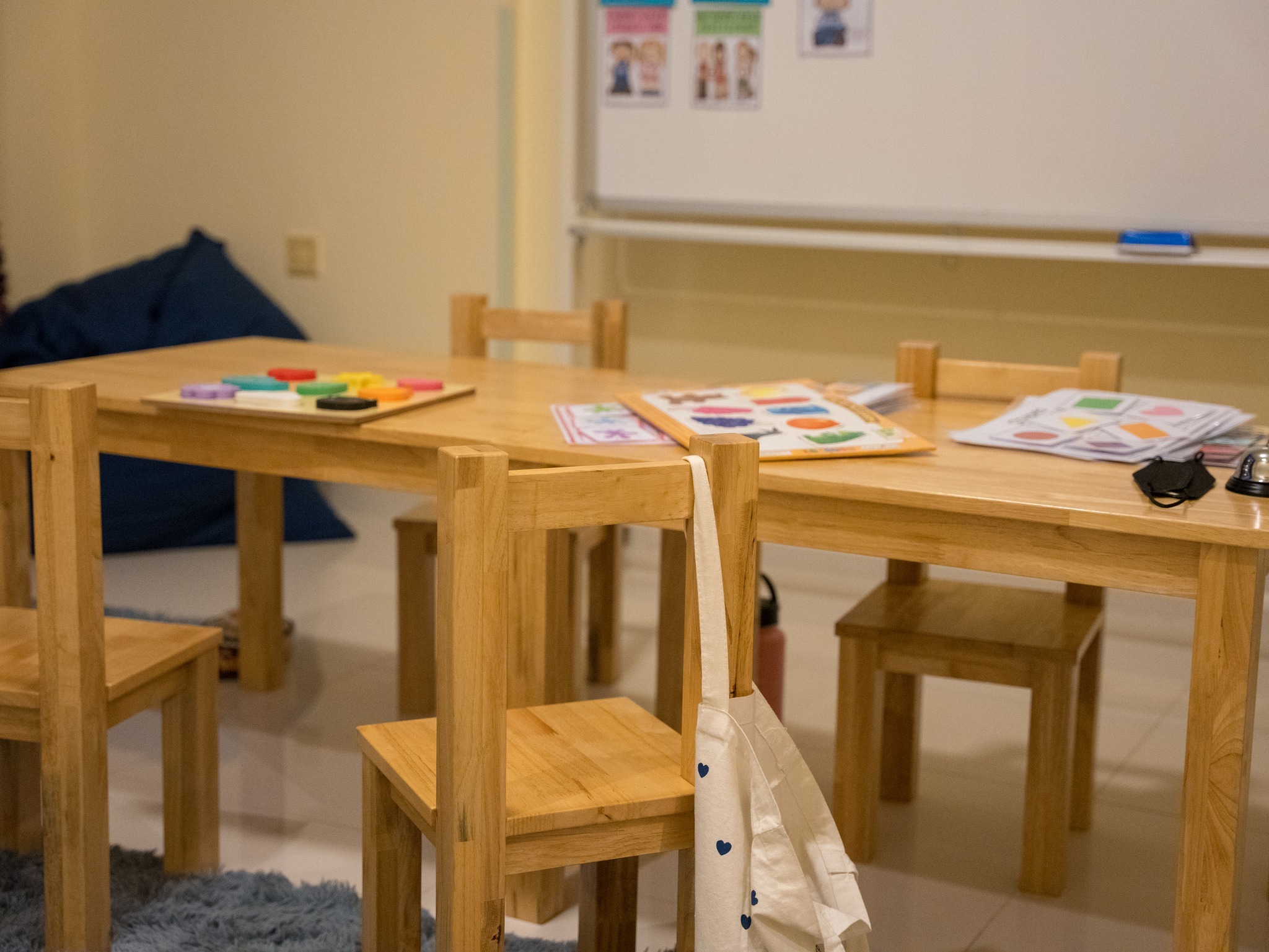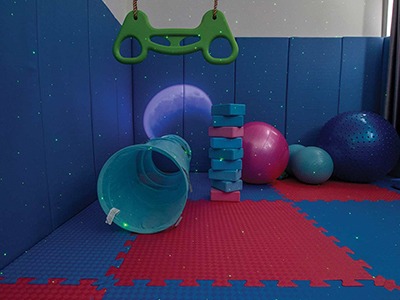Services: We are committed to providing our students with the highest quality education in a clean, safe, and nurturing environment. Our classrooms are equipped with the latest materials and technology, and our staff are highly trained and experienced.
Services: We are committed to providing our students with the highest quality education in a clean, safe, and nurturing environment. Our classrooms are equipped with the latest materials and technology, and our staff are highly trained and experienced.
Services: We are committed to providing our students with the highest quality education.
| Services Consultation & Diagnosis | Price |
| Special Needs Intensive Intervention | 50USD |
| Inclusive School Readiness Program | 70USD |
| Academic Assessment | 175USD |
| Developmental Assessment | 200USD |
| Services Consultation & Diagnosis | Session time | Price | Opening hours |
|---|---|---|---|
| Special Needs Intensive Intervention (one-on-one) | 1.5 Hours / Session | 50$ | Mon to Sat from 8.00 AM to 6.30 PM |
| Inclusive School Readiness Program | 1.5 Hours / Session | 75$ | Mon to Sat from 8.00 AM to 6.30 PM |
| Developmental Assessment (DAYC-2, Vineland-3) | 2 to 4 Hours | 200$ | Mon to Sat from 8.00 AM to 6.30 PM |
| Academic Assessment (WRAT-5) | 2 Hours | 175$ | Mon to Sat from 8.00 AM to 6.30 PM |
Facilities:

Waiting Area
OrbRom Center waiting area is a calming and inviting space for children and adults with special needs. The walls are painted in soft, neutral colors, and the furniture in the waiting area is designed to be comfortable and inviting. There is a variety of toys and sensory activities available to promote creativity, fine motor skills, and sensory exploration, such as Lego bricks, Kinetic Sand, and other age-appropriate games. The toy selection in the waiting area is carefully curated to appeal to children of all ages and abilities. The waiting area is also staffed by friendly and knowledgeable staff who are happy to answer questions and provide support.
Classroom
OrbRom classrooms are safe, structured, and supportive environments where students with special needs can thrive. The classrooms are equipped with a variety of visual supports to help students understand what is expected of them and how to participate in activities. These supports can include schedules, task boards, social stories, and pictures. The teachers in the OrbRom classrooms are highly trained in special education and have experience working with students with a variety of needs, including autism, ADHD, and learning disabilities. They use a variety of teaching methods, including individual instruction, individual attention and intensive intervention. They also use a variety of materials, such as manipulatives, technology, and books.


Sensory Room
In addition to the regular classroom, OrbRom also has a sensory room. The sensory room is a safe and calming environment where students can relax and de-stress. The room is equipped with a variety of sensory materials, such as lights, music, and textures, that can help students regulate their sensory input.

Waiting Area
OrbRom Center waiting area is a calming and inviting space for children and adults with special needs. The walls are painted in soft, neutral colors, and the furniture in the waiting area is designed to be comfortable and inviting. There is a variety of toys and sensory activities available to promote creativity, fine motor skills, and sensory exploration, such as Lego bricks, Kinetic Sand, and other age-appropriate games. The toy selection in the waiting area is carefully curated to appeal to children of all ages and abilities. The waiting area is also staffed by friendly and knowledgeable staff who are happy to answer questions and provide support.

Classroom
OrbRom classrooms are safe, structured, and supportive environments where students with special needs can thrive. The classrooms are equipped with a variety of visual supports to help students understand what is expected of them and how to participate in activities. These supports can include schedules, task boards, social stories, and pictures. The teachers in the OrbRom classrooms are highly trained in special education and have experience working with students with a variety of needs, including autism, ADHD, and learning disabilities. They use a variety of teaching methods, including individual instruction, individual attention and intensive intervention. They also use a variety of materials, such as manipulatives, technology, and books.

Sensory Room
In addition to the regular classroom, OrbRom also has a sensory room. The sensory room is a safe and calming environment where students can relax and de-stress. The room is equipped with a variety of sensory materials, such as lights, music, and textures, that can help students regulate their sensory input.

OrbRom Center waiting area is a calming and inviting space for children and adults with special needs.

OrbRom classrooms are safe, structured, and supportive environments where students with special needs can thrive. The classrooms are equipped with a variety of visual supports to help students understand what is expected of them and how to participate in activities.

In addition to the regular classroom, OrbRom also has a sensory room. The sensory room is a safe and calming environment where students can relax and de-stress.
Questions and Answers
Questions and Answers
Questions and Answers
Please Contact us TODAY for a Free Initial Consultation!
Address: Borey Peng Huoth Boeung Snor, P10 The Star Platinum Polaris, House 60.
Phone: 077.455.993 Telegram Link: https://t.me/OrbRom
Please Contact us TODAY for a Free Initial Consultation! Address: Borey Peng Huoth Boeung Snor, Streets P10 The Star Platinum Polaris, House 60. Phone: 077.455.993 Telegram Link: https://t.me/OrbRom
Please Contact us TODAY for a Free Initial Consultation! Address: Borey Peng Huoth Boeung Snor, Streets P10 The Star Platinum Polaris, House 60. Phone: 077.455.993 Telegram Link: https://t.me/OrbRom
